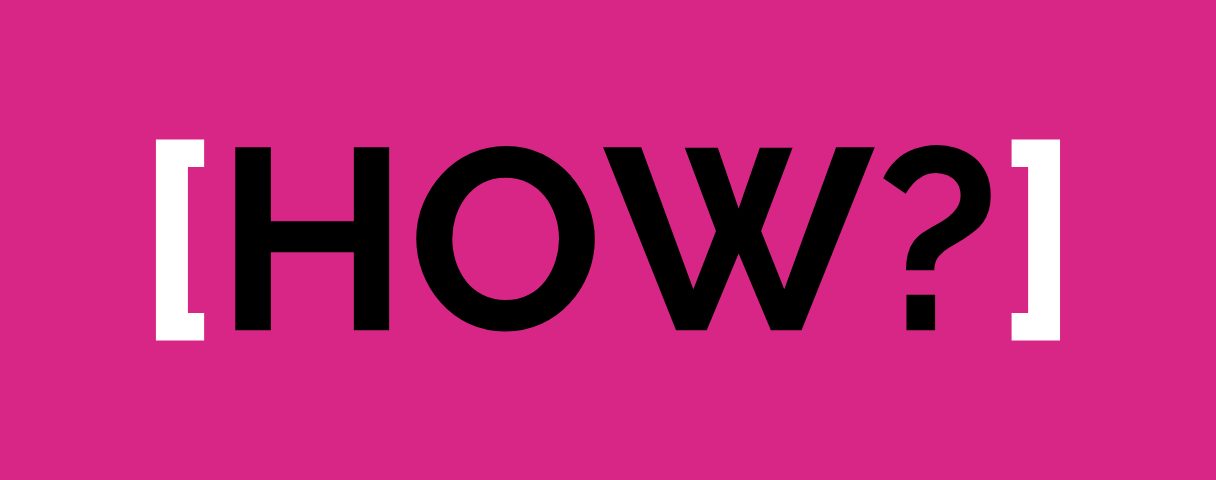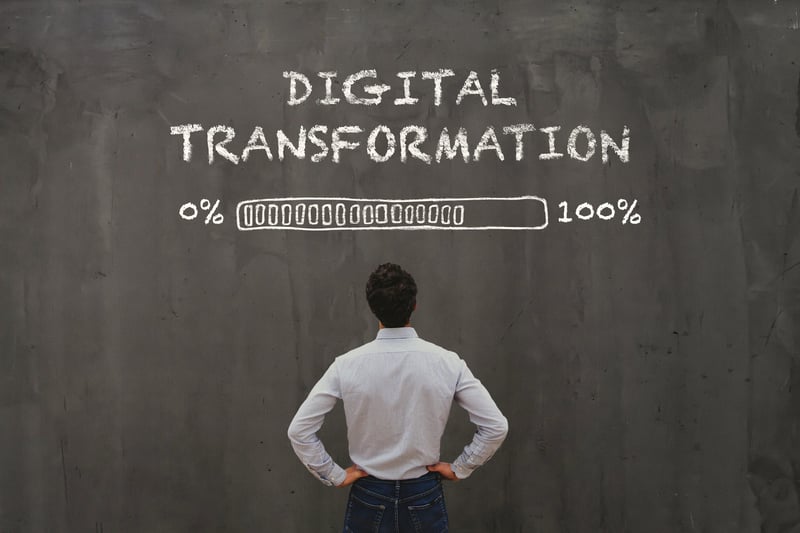Get ready for a deep dive into the real-world challenges and opportunities of AI adoption in business. In this episode of Clarasys podcast, Principal Consultant and AI Lead Sarah Rigby sits down with...
Why would you not want to be a progressive organisation?
The past five years have forced organisations to learn to adapt quickly, with organisations’ resolve being tested by increased customer expectations, rapidly shifting demand, global economic uncertainty, widespread pandemic-forced shutdown, and now the rise of artificial intelligence.
Many organisations are now recognising that overcoming these challenges and being successful relies on moving towards more [ progressive ] ways of working – and we are [ passionate ] about helping them get there.
Through our innovative methodologies and partnership with Corporate Rebels, we develop high performing organisations; inspiring employees, driving experimentation, fostering behavioural change aligned with modern organisational structures, and implementing new ways of working that foster [ progressive, future-focused ] workplaces.


By:
- Developing aligned, motivated leaders to support organisation-wide change commitment that fosters an [ innovative culture ]
- [ Empowering ] individuals and teams to build [ progressive ] operating structures that encourages collaboration
- Embodying [ transparent cultures ] and [ autonomous ways of working ] through innovation and experimentation that boosts employee productivity
- Nudging [ innovative behaviours ] that are aligned to [ vision and values ] that everyone lives by.
The important factors
Profit is important, but in the majority of cases, profit is not purely why an organisation exists or what differentiates it from any other business. An organisation being clear on its purpose is core to its success – everything stems from it: strategy, products and services, and critically, values. Values lay the foundation on which an organisation operates, and ultimately, how it achieves its purpose.
Purpose and values need to be more than writing on the wall, they should inform processes, decision-making, hiring, reward and recognition – all the fundamentals of an organisation.
The layered, hierarchical pyramid is an organisational structure known to many, with many organisations continuing to operate in this way. These structures were designed for a predictable, stable world over a century ago – a world that no longer exists. As organisations have grown and the necessity for rapid agility in the modern world has increased, these structures are now slowing organisations down and preventing them from operating effectively.
More progressive, modern businesses are starting to organise themselves around a “team of teams” model – a structure that more resembles a smaller network of organisations. These structures provide organisations with flexibility, unrivalled efficiency, and a widespread sense of belonging.
“Innovative”, “creative”, “entrepreneurial” – words often seen on job descriptions, products and services, and organisations’ “About us” pages. Many people recognise that these qualities are critical to an organisation’s success in an increasingly competitive market. Yet, only 34% of employees feel they have the freedom to experiment and innovate in their job.
For organisations to be truly innovative and reap the rewards, they need to have creative employees who are empowered through a culture of experimentation where they feel encouraged to do things differently.
In the majority of today’s organisations, a centralised authority holds most of the decision-making power. However, teams often perform better when they apply their collective brainpower to problems and are provided with the autonomy to take action rather than having solutions dictated to them.
Withholding decision-making power builds frustration in the workforce and minimises organisations’ ability to move quickly, respond to market pressures, and make decisions that truly align with their business needs. By setting up the right supportive structures, organisations can decentralise and, therefore, enhance decision-making effectiveness and efficiency across the business.
Greater information availability enables heightened accuracy and speed of employee decision-making. Yet, many organisations continue to keep the curtain closed on how they operate. Many employees therefore remain unaware of how their organisation truly functions, forcing them to make decisions without all the facts in front of them.
Some organisations are now opting to, at least partially, unveil their inner workings, opening up salaries, financial performance, and decision-making reasoning to the organisation as a whole. These organisations are building a culture of trust whilst giving their workforce the tools they need to make decisions that drive organisational success.





LATEST INSIGHTS
What’s on our mind
The AI revolution is no longer theoretical. We are living it. AI is already reshaping how work gets done, how roles are defined, and how organisations think about productivity and cost. “Jobs to be...
If 2025 was the year the M&A market woke up, 2026 is the year it has to grow up - operationally, culturally, and at speed. Building on our 2025 reflections, signing the deal is not the victory....
Meet some of our team
Archie Boyes
Archie is a Consultant who started as an Associate at Clarasys in September 2021, following the completion of his Master’s degree in Organisational Psychology. He has experience in business analysis, change & organisational transformation, and product management, using agile frameworks in both discovery and delivery projects. Archie has worked with a multinational media corporation to transition their workforce to adopting predictive financial forecasting models and, most recently, Archie has been working to design and implement a Target Operating Model transformation for a central government department. Archie is an active member of Clarasys’ Behavioural Change team, bringing his academic experience and scientific perspective to developing Clarasys’ change offering. Outside of work, Archie enjoys playing sport and music and is happiest when watching Scotland secure a rare victory on the rugby pitch.
Sarah Rigby
Sarah is an experienced consultant with over 10 years’ experience working across end-to-end business transformation specialising in; business analysis, process improvement, customer experience and continuous improvement. She joined Clarasys in 2019 and leads our not-for-profit portfolio, advising clients on their customer-centric strategy and how best to implement. Sarah is the employee trustee of the Clarasys's Employee Ownership Trust - in which she represents people's voices to ensure the company is operating and growing in the best interest of it's employees.
Find out how we can help your business [ thrive ]








